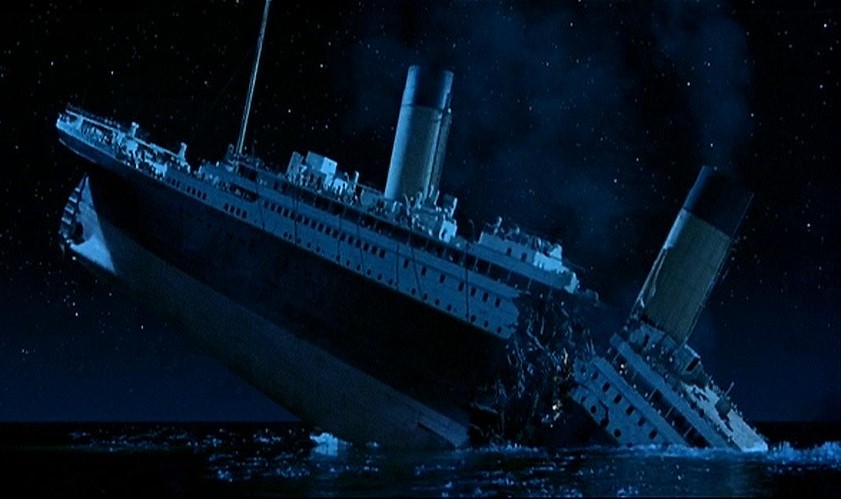The Sunday Sermonette – They Did Their Duty.

The Titanic was known for many things—stunning public rooms, carved oak paneling, stained glass, and delicious cuisine, even for 3rd Class passengers, many of whom had never seen food in such abundance. A swimming bath. A gymnasium. And miles of promenade decks on which to walk and enjoy the brisk, salt-sea air. An army of personnel—stewards, pursers, doctors, chefs, maids, band members, and officers—catered to the whims of the passengers. They did so, hoping the passengers would enjoy their voyage and would rebook future trips, thus making the White Star Line one of the most promotable on the Atlantic.
But far below the Titanic’s luxury and amenities, there was another world, a world of grating, raucous noise, the hellish heat from hungry boilers, and hanging over it all, the strong, choking, rotten-egg odor of burning coal. The life of those in the boiler rooms was dangerous and backbreaking. At the top of the boiler room hierarchy were the Engineers. They saw to it that the boilers were fed, and the engines were maintained correctly, creating the steam needed to power a myriad of functions, most importantly, electrical power. And because they did, on the night the Titanic sank, she was lit from stem to stern until she finally broke in half, plunging her into darkness just before she plunged into her watery grave and maritime history.
Joseph Bell was the Chief Engineer on the Titanic. His staff consisted of 24 engineers, 6 electrical engineers, two boilermakers, a plumber, and a clerk. None survived. At the unveiling of the Titanic Engineers’ Memorial in Southampton, England, Sir Archibald Denny said, “They must have known that pumping could do no more than delay the final catastrophe, yet they stuck pluckily to their duty. Driven back from boiler-room to boiler-room, fighting for every inch of draught to give time for the launching of the boats, not one of those brave officers was saved.” Their sense of duty to the passengers and the ship’s staff compelled them to stand by their posts. They did their duty and died.
There was another man who did his duty. He, too, felt compelled to stand by his post to the end. He ministered to those around him, telling them not to lose hope—there was another life to come. A better life. A life filled with love and everlasting peace. “Come unto me, all ye that labor and are heavy laden, and I will give you rest,” he once said. And when his time came to die, in humble humility, he carried his cross to Golgotha, lay down on it, felt the pain of piercing nails in his flesh, and willingly died to save us. His sense of duty to us, his Father’s creations, compelled him to stand by his post, as it were. And because he did, we can live forever! If you don’t know who I’m writing about, look up Jesus in the New Testament Bible. He’s waiting to hear from you.
Ponder this and go forth.
